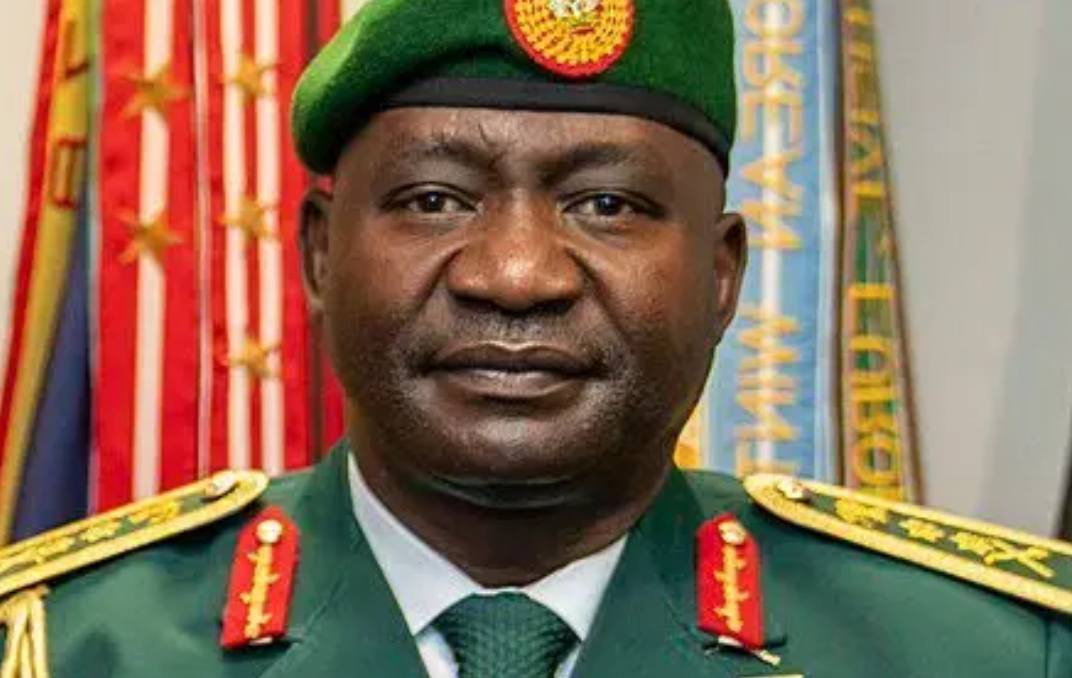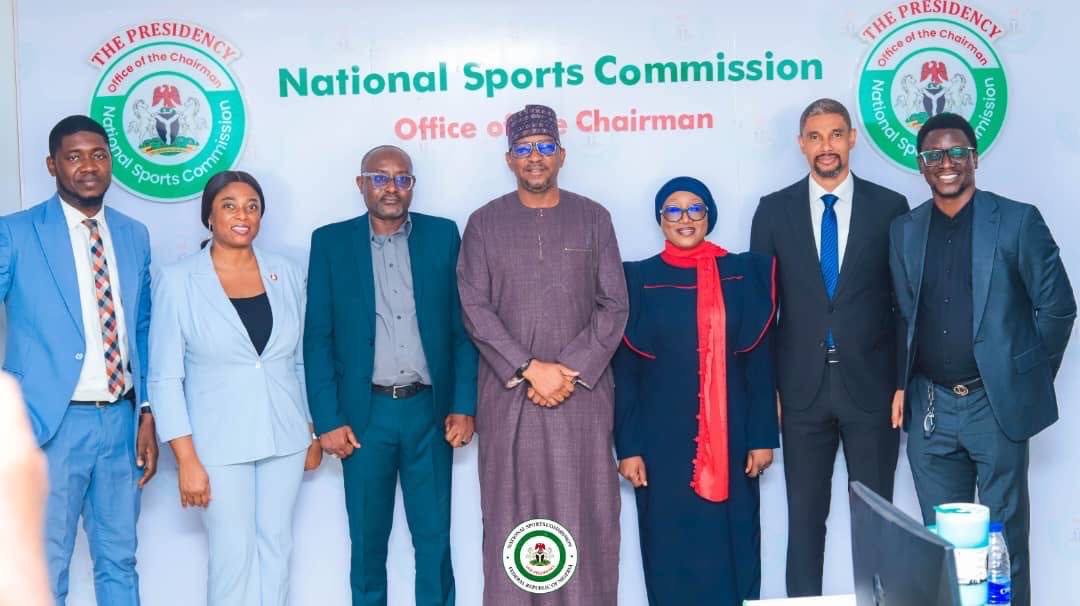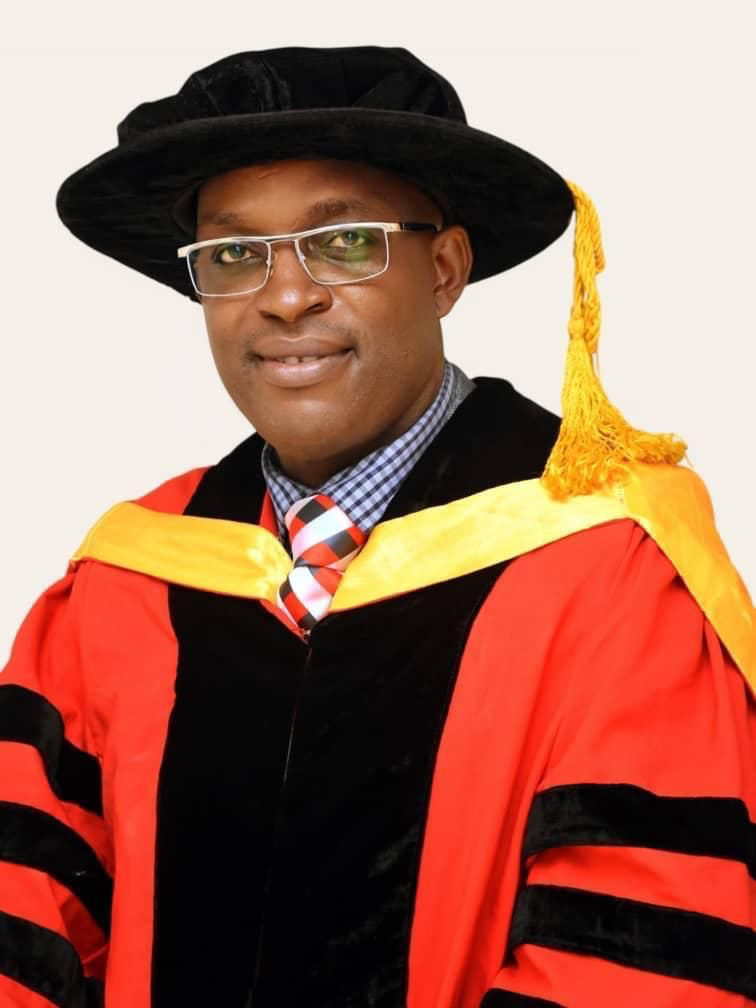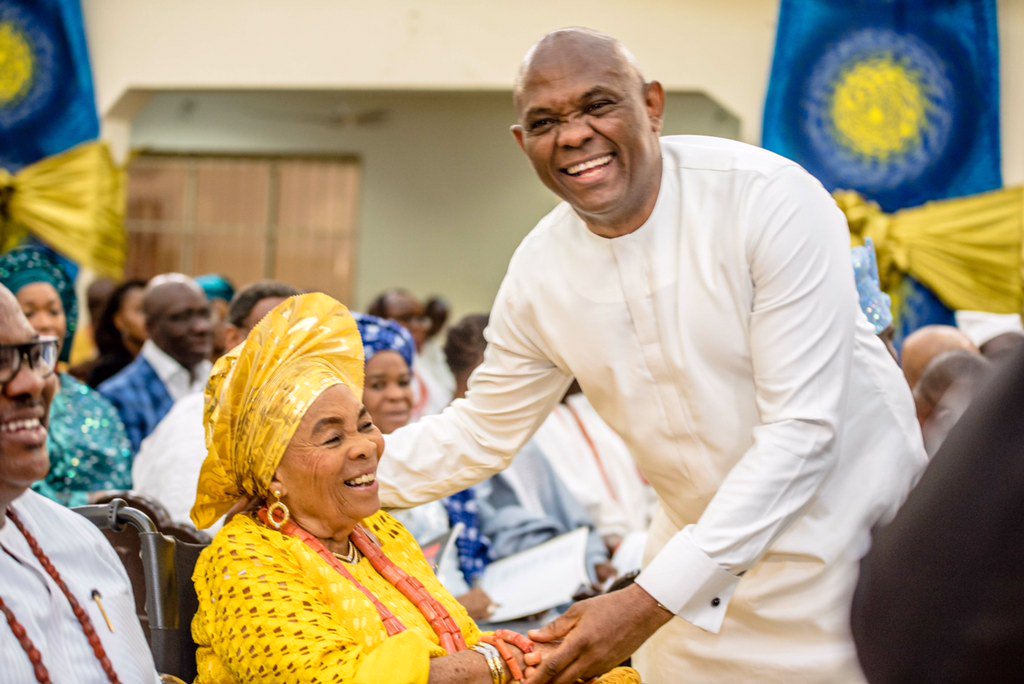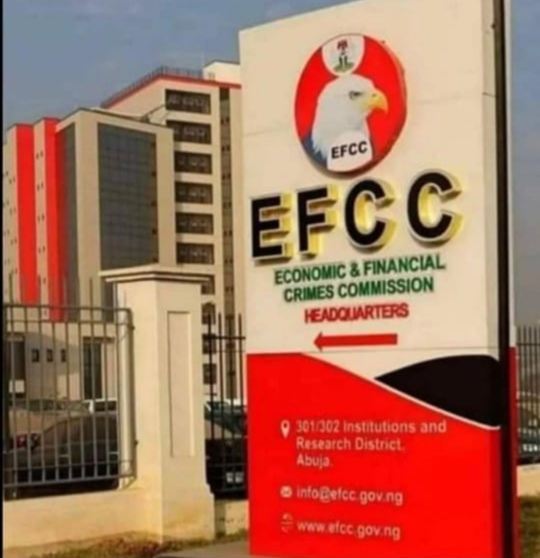By Mohammed Bello Doka
An In-Depth Analysis of Potential Causes, Context, and Implications
In a recent development that has garnered significant attention, Canada’s refusal to grant a visa to Nigeria’s Chief of Defence Staff (CDS), General Christopher Musa, has raised numerous questions. Notably, while some accompanying Nigerian military officers received their visas, General Musa and certain others were denied. This article delves into potential reasons behind this decision, examines Canada’s visa policies concerning foreign military officials, and explores the broader implications for Nigeria-Canada relations.
Canada’s Visa Policies for Foreign Military Officials
Canada maintains stringent visa protocols, even for high-ranking foreign officials. According to Immigration, Refugees and Citizenship Canada (IRCC), visa-exempt foreign nationals, including VIPs, heads of state, and diplomats, are required to obtain an Electronic Travel Authorization (eTA) before traveling to Canada. Diplomats already accredited in Canada are exempt from this requirement.
For individuals from visa-required countries, officials must apply for the appropriate visa category. Diplomatic visas may be granted to individuals entitled to diplomatic or consular privileges and immunities who intend to travel to Canada for an official purpose. This includes heads of state, heads of government, cabinet ministers, and diplomatic agents traveling to or from their missions.
Potential Reasons for the Visa Denial
While specific details about General Musa’s visa application remain confidential, several factors could have contributed to the denial:
1. Security Concerns: Given General Musa’s prominent military position, Canadian authorities might have had security-related apprehensions. This could pertain to concerns about the individual’s background or broader geopolitical considerations.
2. Diplomatic Relations: In November 2023, the Canadian High Commission in Nigeria temporarily suspended its operations, possibly due to security concerns or other issues. Such developments can strain diplomatic relations and influence visa decisions.
3. Selective Approvals: The fact that some Nigerian military officers received visas while others, including General Musa, were denied, suggests a case-by-case assessment. This indicates that individual evaluations, possibly based on specific criteria or concerns, played a role in the decision-making process.
Hypotheses Surrounding the Denial
Several hypotheses emerge to explain the selective visa approvals:
Heightened Security Protocols: Canada may have implemented stricter security protocols for foreign military officials, especially from regions with security challenges.
Policy Changes: Recent changes in Canada’s immigration or foreign policy could have led to more rigorous scrutiny of visa applications from certain countries or officials.
Implications of the Visa Denial
This incident could have several repercussions:
Diplomatic Strain: The denial might lead to tensions between Nigeria and Canada, potentially affecting bilateral cooperation in defense, trade, and other areas.
Public Perception: In Nigeria, the denial could be perceived as a slight against the nation’s sovereignty and its officials, leading to public outcry or demands for reciprocal actions.
Policy Reevaluation: Both nations might revisit their visa and diplomatic policies to prevent similar incidents in the future and ensure smoother diplomatic engagements.
Official Comments
As of now, there have been no official statements from either the Nigerian or Canadian governments regarding this specific visa denial. The absence of public commentary leaves room for speculation and underscores the need for clear communication in such matters.
Conclusion
The denial of a visa to Nigeria’s Chief of Defence Staff by Canada is a multifaceted issue that underscores the complexities of international relations and immigration policies. While the exact reasons remain speculative, this incident highlights the importance of transparency, thoroughness in application processes, and the need for ongoing dialogue between nations to foster mutual understanding and respect.

